by Lisa Cooke | Mar 7, 2013 | 01 What's New, Conferences
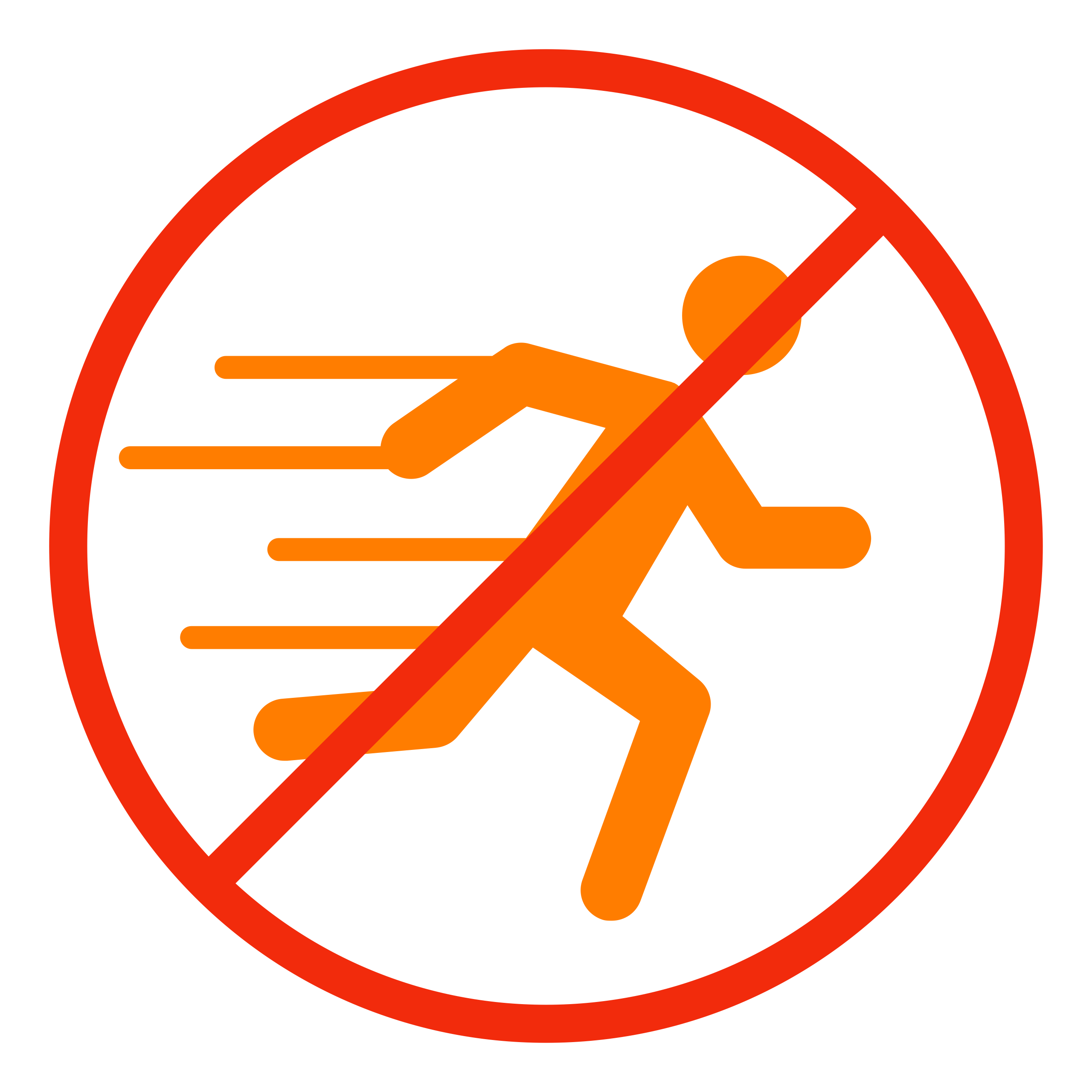 This spring we’ve got some great conferences coming up in the U.S., like #RootsTech2013 in Salt Lake and the National Genealogical Society conference in Las Vegas, as well as events in Fairfax (VA), Wausau (WI), Manchester (NH), Cincinnati (OH), the Houston area, and Southern California. So here’s my question, just for fun: where do you sit when you go to conferences?
This spring we’ve got some great conferences coming up in the U.S., like #RootsTech2013 in Salt Lake and the National Genealogical Society conference in Las Vegas, as well as events in Fairfax (VA), Wausau (WI), Manchester (NH), Cincinnati (OH), the Houston area, and Southern California. So here’s my question, just for fun: where do you sit when you go to conferences?
Studies of college classrooms show that students who sit toward the front of the room and catch the teacher’s eye are more likely to pay attention, which can translate into a better learning experience. Now, that caught my eye, because a better learning experience is what we all want out of conferences.
The report goes on to say that students who sit in front and make eye contact establish a better rapport with teachers and are more likely to be more engaged in the learning process. Of course, a conference isn’t the same as a college class. The instructor isn’t grading you. But presenters are human too, and they appreciate an engaged audience. In any sort of presentation, there is always an energy that flows back and forth between audience and presenter. Both you and the instructor will benefit from rapport and engagement.
Here are my tips for getting the most out of your experience:
- Arrive at the lecture as early as possible so you can get a seat where you’ll be able to see and hear everything clearly.
- Read the class syllabus ahead of time so you’ll be familiar with the material going into the presentation.
- Print out the syllabus (or have it handy on your iPad or tablet) so you don’t waste time writing down ideas and links that have already been written for you.
- Keep your attention on the speaker, but jot down any additional ideas the speaker shares that aren’t in the syllabus–as well as any ideas you hope to apply to your own research.
Here’s a final tip that comes from the study report on where you sit. One interviewee for this article says that, “In lecture, students’ attention tends to bottom out about 30 minutes into class, which is just when faculty are getting to the most important information.” She goes on to say that sitting closer to the instructor will help you stay focused during that critical time. The takeaway: 30 minutes into any lecture, if your attention starts to wander, challenge yourself to write down the key concept you learned up to that point, and one key question you hope will be answered. And then re-focus on listening intently for the answer.
Check out my upcoming live presentations. See you in class!
by Lisa Cooke | Mar 6, 2013 | 01 What's New, British, History, Immigration, Records & databases
If you have British roots, you’ll want to check out the new collection available on Findmypast.com: a half million criminal records dating from 1770-1934!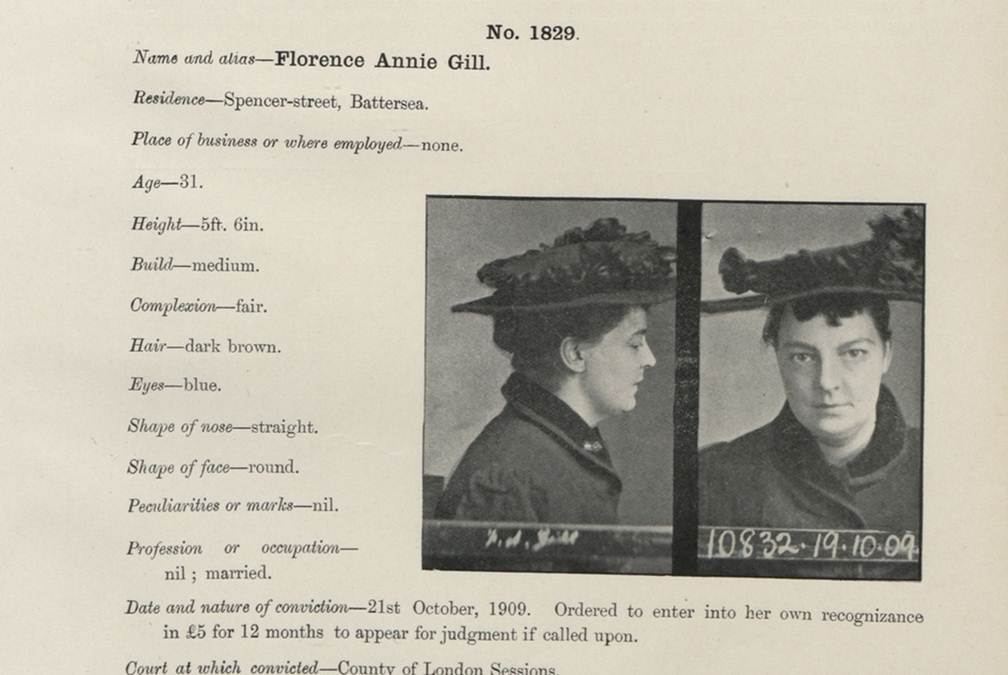
This sounds like a pretty gripping collection, whether you’ve got British roots or not. It contains records like mug shots, court documents, appeals letters and registers from prison ships (which were used when mainland prisons were crowded). According to Findmypast.com, the records “provide a wide variety of color, detail and fascinating social history, chronicling the fate of criminals ranging from fraudsters, counterfeiters, thieves and murderers and their victims.” The 500,000 records you can search now are only a fifth of the full collection of 2.5 million that will be online soon.
The company calls this the largest collection of historical criminal records from England and Wales to be published online and is done in association with the National Archives (UK). Findmypast.com members can click here to access the criminal collection directly (make sure the box for “Institutes and Organizations” is checked).
Here’s a little more background on connections between British convicts and the U.S. and Australia….
During colonial times, Britain often punished criminals by forcing them to emigrate. The most famous destination was Australia: the first British settlement on that continent in 1787 was actually a penal colony. Australia celebrates that fact about its heritage today: learn more about the “First Fleet’s” arrival here.
Up to about 50,000 British convicts were also forced to emigrate to the American colonies during the 1700s. These included prisoners of war from Ireland and Scotland. Read more about this in Bound for America: The Transportation of British Convicts to the Colonies, 1718-1775 (Clarendon Paperbacks) by A. Roger Ekirch. Findmypast.com isn’t able to tell us yet how many records in the criminal collection relate to forced emigrations, but anyone with roots in the U.K. should check out this collection for sure.
by A. Roger Ekirch. Findmypast.com isn’t able to tell us yet how many records in the criminal collection relate to forced emigrations, but anyone with roots in the U.K. should check out this collection for sure.
by Lisa Cooke | Mar 5, 2013 | 01 What's New, Conferences, iPad, Technology
Are you going to RootsTech in March? Do you have an iPad, tablet or smart phone? Then you need to download a free app!
RootsTech 2013 is your personal conference assistant. It delivers to your palm all the information you need on exhibitors and speakers along with a map and customizable schedule. For example, I’m speaking at RootsTech in four different sessions. You can find each session listed by day or track under the Events icon, or you can go right to my name under the Speakers icon and see all four sessions at once, with a description and location of each one. Add one (or more) of my sessions to your own schedule. You’ll also find me under the Exhibitors icon. You can bookmark or schedule buy valtrex medication each exhibitor you want to visit, then mark them off as you do. I hope you’ll come see me at my booth!
You can even have a social life on this app. Publish a profile if you want others to see your name on a guest list. Then look for others who have done that under the Attendees icon. Create a network of Friends with whom you can chat and share notes (and meet for lunch!). Stay updated with the app’s News feed, and share in the conference buzz on Twitter and Facebook.
The link I gave you above takes you to the App Shopper for the iOS universal app; it’s also in Apple’s Apps Store.
#RootsTech2013
by Lisa Cooke | Mar 1, 2013 | Google
Google Earth has been hard at work, adding more in-depth image coverage to its already vast 3D visual archive of the world’s places. You can now take 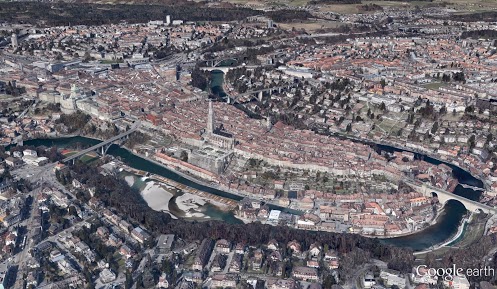 a free high-res virtual tour of the following cities:
a free high-res virtual tour of the following cities:
- Anaheim, CA,
- Albuquerque, NM,
- Birmingham, AL,
- Little Rock, AR,
- Reno, NV,
- Springfield, MO,
- Wichita, KS,
- Berne, Basel and Lausanne, Switzerland,
- Ulm, Germany, and
- Canberra, Australia.
Want to learn more about using Google Earth for family history? These two videos give you a glimpse into my Google Earth for Genealogists series. Watch these clips and be inspired about the potential of this powerful online tool for mapping and imaging your family past.
by Lisa Cooke | Feb 28, 2013 | 01 What's New, Conferences, DNA
The Southern California Genealogical Society is known to dish out the best time a family historian can have at a conference. Its Jamborees offer some of the most engaging learning experiences around. Need proof? Look no further than this year’s one-day themed pre-Jamboree event, “Family History and DNA: Genetic Genealogy in 2013” on Thursday, June 6, with featured speakers Spencer Wells and Henry Louis Gates, Jr.
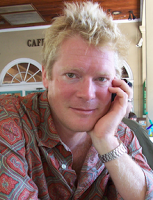 Spencer Wells is a PhD and a professional adventurer: an Explorer-in-Residence with the National Geographic Society. He leads the Genographic Project, which collects and analyzes DNA samples from around the world. He’ll talk about how these samples are helping provide a richer view of the human story, and how everyday folks like us are contributing to “citizen science,” harnessing the power of the crowd to learn more about the history of human populations.
Spencer Wells is a PhD and a professional adventurer: an Explorer-in-Residence with the National Geographic Society. He leads the Genographic Project, which collects and analyzes DNA samples from around the world. He’ll talk about how these samples are helping provide a richer view of the human story, and how everyday folks like us are contributing to “citizen science,” harnessing the power of the crowd to learn more about the history of human populations.
Henry Louis Gates, Jr. has been a previous guest on The Genealogy Gems Podcast: check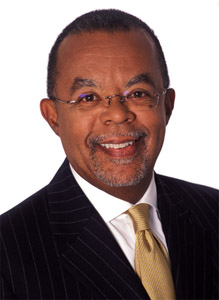 out our interview in Episode 133. This genealogy documentary guru (the brains behind the PBS series Finding Your Roots, African American Lives, Faces of America and Oprah’s Roots) will provide your lunchtime edu-tainment. He’s famous for combining DNA research with traditional genealogy investigation–with fascinating results. You’ll love his inspiring stories about how DNA helps us understand our deep roots and connect with far-flung kin.
out our interview in Episode 133. This genealogy documentary guru (the brains behind the PBS series Finding Your Roots, African American Lives, Faces of America and Oprah’s Roots) will provide your lunchtime edu-tainment. He’s famous for combining DNA research with traditional genealogy investigation–with fascinating results. You’ll love his inspiring stories about how DNA helps us understand our deep roots and connect with far-flung kin.
Learn more about this one-day pre-Jamboree event–and the rest of the Jamboree that will follow–at the SCGS website.
 This spring we’ve got some great conferences coming up in the U.S., like #RootsTech2013 in Salt Lake and the National Genealogical Society conference in Las Vegas, as well as events in Fairfax (VA), Wausau (WI), Manchester (NH), Cincinnati (OH), the Houston area, and Southern California. So here’s my question, just for fun: where do you sit when you go to conferences?
This spring we’ve got some great conferences coming up in the U.S., like #RootsTech2013 in Salt Lake and the National Genealogical Society conference in Las Vegas, as well as events in Fairfax (VA), Wausau (WI), Manchester (NH), Cincinnati (OH), the Houston area, and Southern California. So here’s my question, just for fun: where do you sit when you go to conferences?

 a
a 




